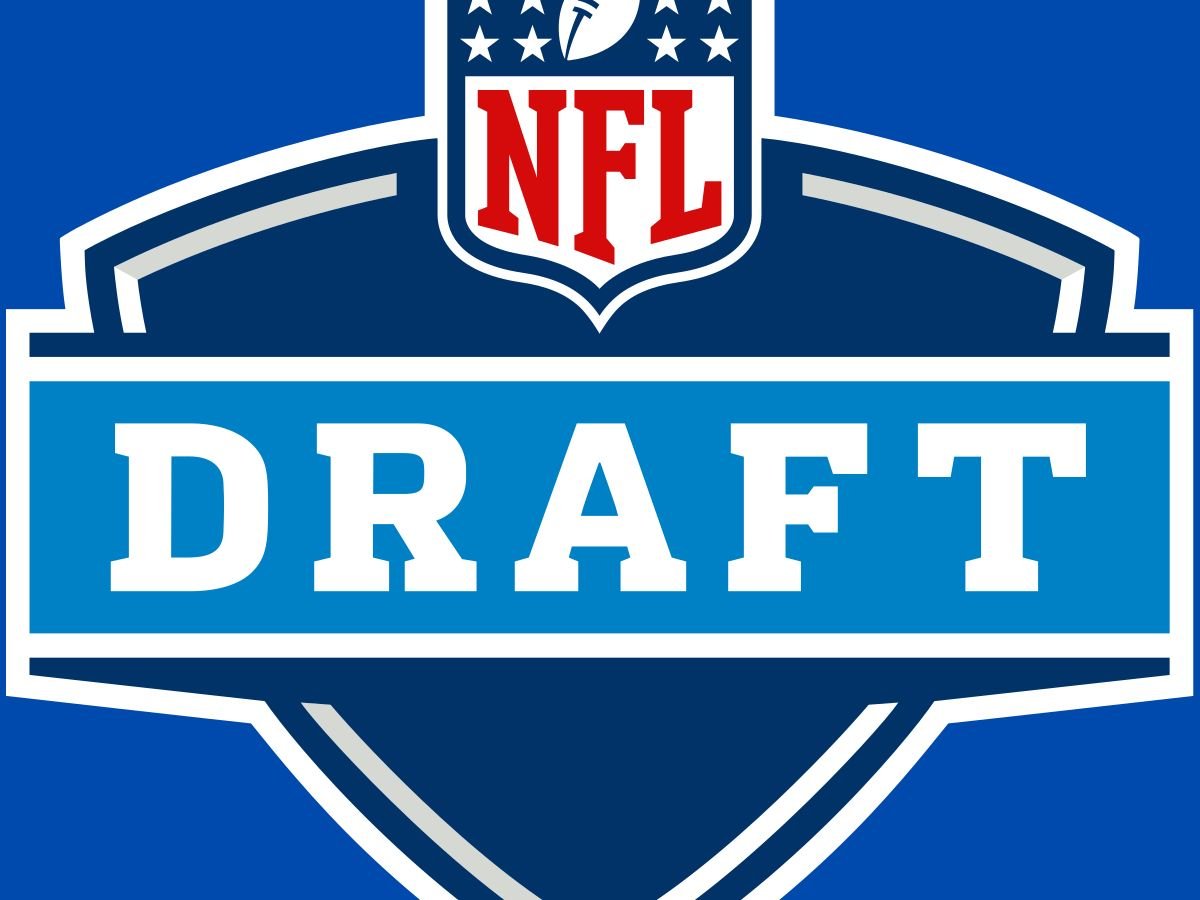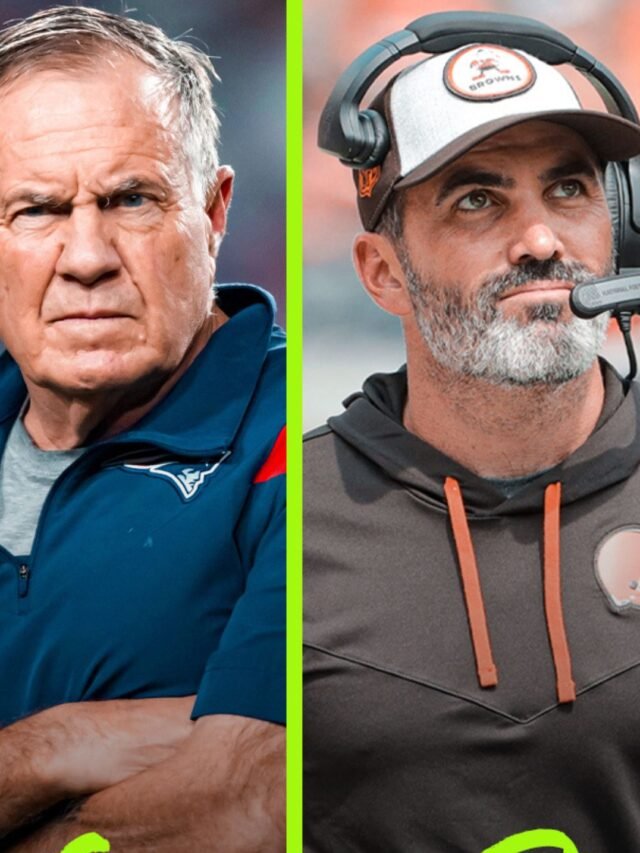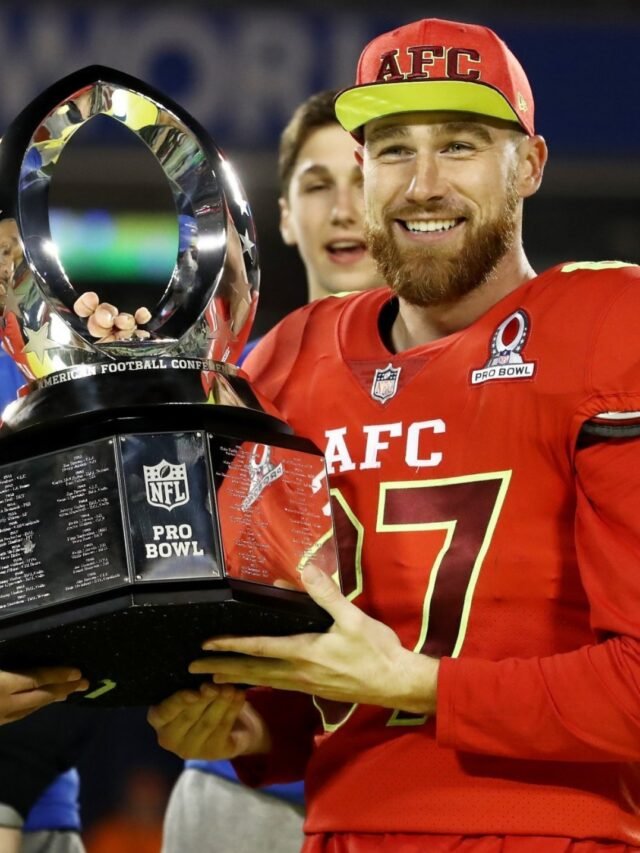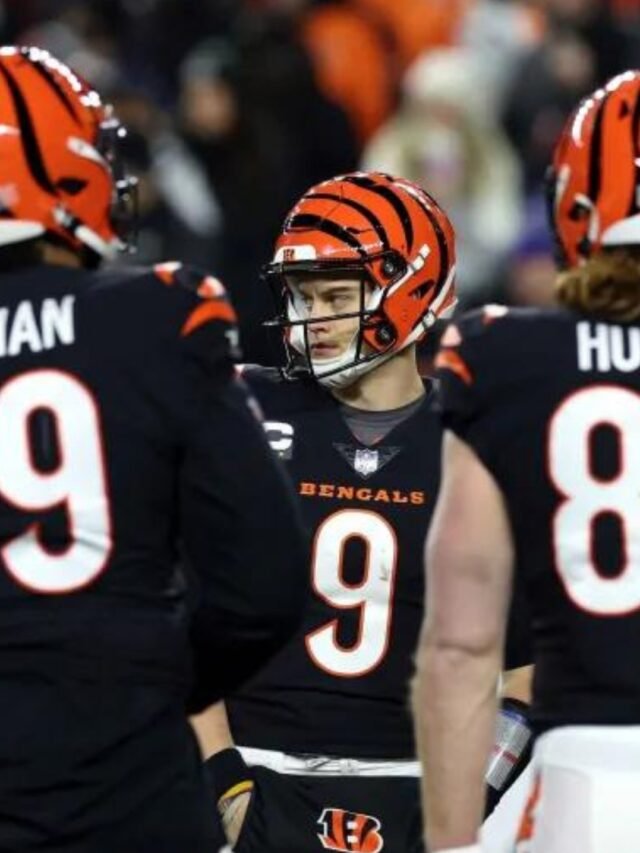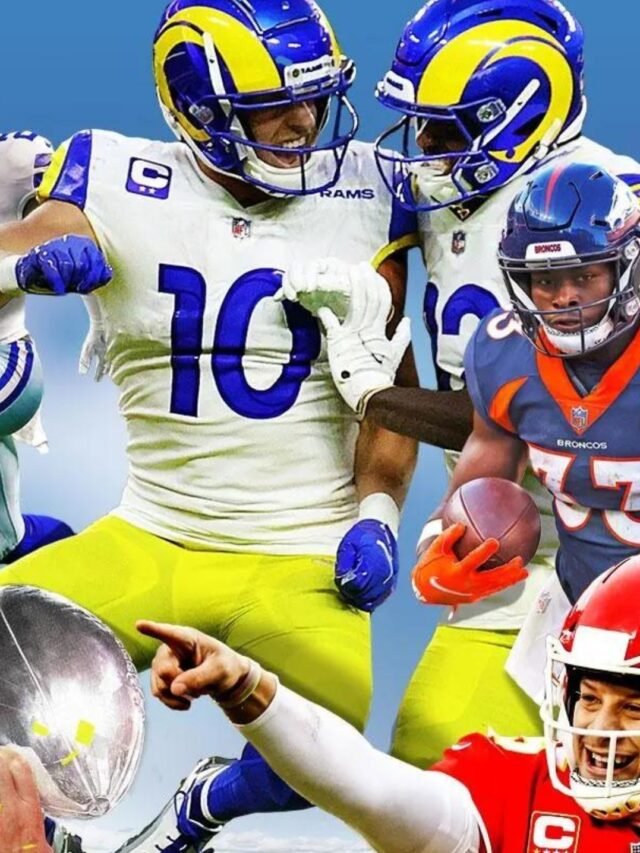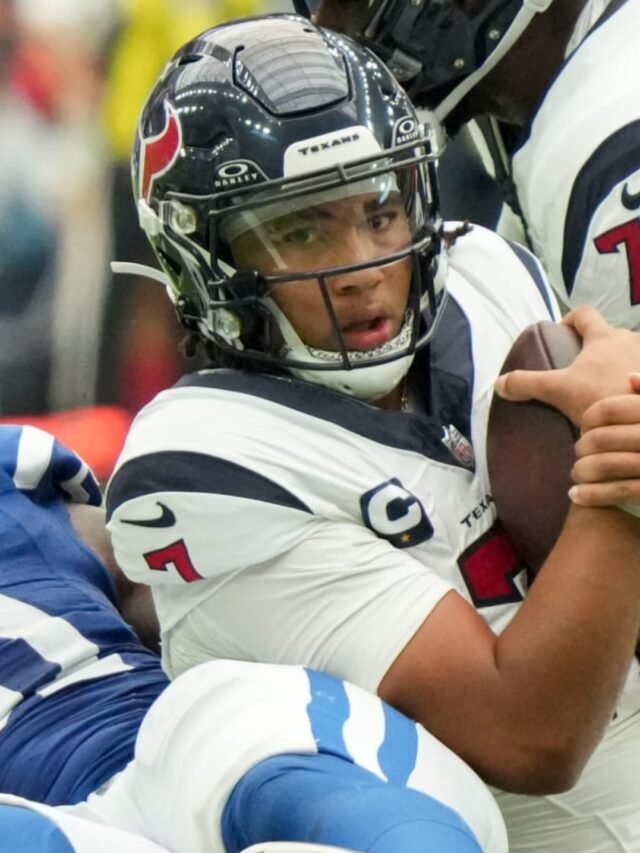The NFL Draft is a pivotal event in American football, shaping the future of teams and the careers of countless athletes. It’s a complex process with various rules and procedures that determine how players enter the league. This article will explore the complexities of the NFL Draft, focusing on player eligibility and the draft process.
The Basics of the NFL Draft and Player Eligibility
The Draft Process and Structure
The NFL Draft is structured into seven rounds, typically held over three days. Each of the 32 NFL teams receives one pick per round, although the actual number of picks a team has can vary due to trades or compensatory picks awarded for lost free agents. The draft order is primarily determined by the reverse order of the teams’ standings from the previous season, with the team with the worst record picking first in each round, and the Super Bowl champion picking last.
Eligibility Rules for the NFL Draft
Eligibility for the NFL Draft is governed by specific rules. College players are automatically eligible without declaring if they have exhausted their college football eligibility, graduated from college, or once five years have passed since they entered college. Athletes who did not attend college become eligible four years after graduating high school or, if they didn’t graduate, four years after their class did.
Players can also seek special eligibility for the draft. This typically applies to underclassmen who are three years removed from high school graduation. These players must renounce their remaining college eligibility and apply for special permission from the NFL Commissioner’s office. In 2023, 69 players were granted special eligibility for the NFL Draft.
The Draft Grade and Early Entry
Underclassmen can also ask for an NFL draft grade, which indicates the round in which they are likely to be drafted. Based on this feedback, they can decide whether to enter the draft early or stay in school. Colleges may allow up to five underclassmen to declare for the draft before graduating without league permission, with powerhouse programs often petitioning for more.
Signing with Teams and Free Agency
Players not selected in the draft become free agents, free to sign with any team. However, if a player is drafted but chooses not to sign with the team, that team retains their rights for a year, restricting the player from signing elsewhere. In such cases, the player would need to re-enter the draft the following year.
Supplemental Draft
There’s also a supplemental draft, which occurs in the summer before the season. This draft is for players who did not declare for the regular draft but later become ineligible to play college football. The NFL uses a semi-lottery system to determine the order for the supplemental draft.
Player Refusal in the NFL Draft
The NFL Draft is not only a time for teams to bolster their rosters but also a moment of significant decision for the players. While rare, there have been instances where players have refused to play for the team that drafted them. Notable examples include John Elway and Eli Manning. These players used their leverage to influence a trade to a more preferred team. However, such instances are exceptional and generally involve high-profile talents.
The Path of Undrafted Free Agents
The journey doesn’t end for players who go undrafted. In fact, many undrafted players have carved out successful NFL careers. After the 2023 NFL Draft, numerous talented athletes were signed as undrafted free agents. Some notable signings include:
- Wide Receivers: Teams like the Seahawks, Cowboys, and Giants signed undrafted wide receivers such as Matt Landers (Arkansas), Bryce Ford-Wheaton (West Virginia), and Rakim Jarrett (Maryland), showcasing the ongoing search for talent beyond the draft.
- Running Backs: Hassan Hall from Georgia Tech was picked up by the Cleveland Browns, while Arizona State’s Xazavian Valladay signed with the Houston Texans, illustrating the demand for versatile backfield options.
- Offensive Linemen: Players like Connor Galvin (OT, Baylor) and Ryan Swoboda (OL, UCF) found opportunities, indicating the value teams place on strengthening their offensive front.
These signings reflect the dynamic nature of team-building in the NFL, where talent can be sourced from various avenues, not just the draft.
Impact on Teams and Player Careers
Undrafted free agents often face an uphill battle to make the final roster, but their contributions can be significant. They provide teams with valuable depth and sometimes emerge as key players. For instance, the Chicago Bears signed Tyson Bagent, a quarterback from Shepherd (DII), as a developmental prospect, highlighting how teams are always on the lookout for potential talents to groom.
Understanding the Strategic Landscape of the NFL Draft
The NFL Draft is a key strategic event for teams, where they select new talent to enhance their rosters. The draft order is determined by the team’s performance in the previous season, with the aim to balance the competition across the league. Teams with the worst records get the first pick, offering them a chance to improve by selecting top-tier college players. This setup creates a unique dynamic where teams and players must navigate various strategic considerations and potential risks.
The Complexity of Refusing a Draft Pick
While the NFL regulations state that a player can’t outright refuse a draft pick, they do have some options if they’re unhappy with the team that drafts them. For instance, a player can hold out and re-enter the draft the following year, though this decision could be risky, potentially marking the player as difficult and costing them a year’s salary. A famous case is Bo Jackson, who refused to join the Tampa Bay Buccaneers in 1986 and instead played baseball for a year before joining the NFL with the Los Angeles Raiders.
Another option is to force a trade, as seen with John Elway in 1983, who refused to play for the Baltimore Colts and was eventually traded to the Denver Broncos. These instances, however, are rare and usually involve players with significant leverage.
The Impact of Refusing a Draft Pick
Refusing a draft pick can have significant implications for a player’s future. Not only does it affect their reputation and opportunities within the NFL, but it can also influence their contract conditions and how they are perceived by other players and fans. This can have long-lasting effects on a player’s career in the competitive world of professional football.
Discovering Late-Round Gems and the Uncertainty of the Draft
The NFL Draft is not just about the early rounds. History has shown that teams can find star players in the later rounds, as was the case with Tom Brady, who was picked 199th in the 2000 Draft. Teams continuously seek value in these later rounds, looking for players who might have been overlooked but have the potential to excel at the professional level.
Draft Trades and Strategic Moves
Teams often engage in trades during the draft, either moving up to secure a highly desired player or trading down to accumulate more picks. These decisions are based on a team’s immediate and long-term strategic needs, making the draft a highly dynamic and unpredictable event.
Final Thoughts
The NFL Draft is a complex event filled with strategic decisions for both teams and players. While players have limited options if they wish to refuse a draft pick, the choices they make can significantly impact their careers. For teams, the draft is an opportunity to strategically build their rosters, often leading to surprising and impactful decisions.

